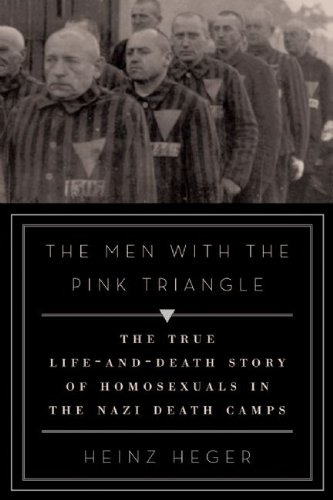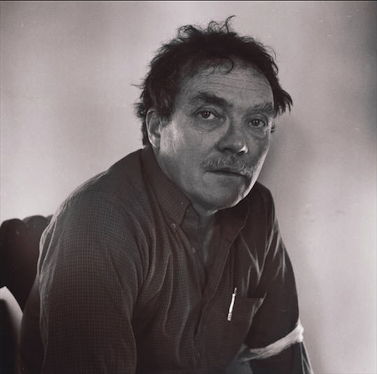

on their way (like David Koker) to Dachau. Joseph Kohout and all the other prisoners at Flossenburg were told they were to be marched out under SS guard. Young, intelligent, and educated, Kohout quickly learned that survival depended upon bending his moral principles to conform to the needs of those few who were in positions of power. In May 1940 Kohout was transferred to Flossenburg Concentration Camp, located just west of the Czech border. (despised not only by their Nazi overlords, but by every other concentration camp inmate), he saw and experienced many of the particularly brutal horrors inflicted by the SS upon his kind.(Note: The play BENT was based on his experiences at Sachsenhausen) and though, like Nansen, not Jewish, Kohout, being a despised "homosexual". Kohout's brief narrative pulls no punches.Īfter being arrested in March 1939 by the SS,at his Austrian home, Kohout spent his first six months imprisoned in Austria, after which he was transferred to the Sachsenhausen Concentration Camp. Free by then to say exactly what he thought and experienced. On the other hand, Joseph Kohout's slim 120 page remembrance: The Men With The Pink Triangle, was compiled years after the war by Hans Neumann, based on a series of interviews with Kohout. Later translated into English, Nansen's book fills more than 600 pages. His book was published after his return to Norway. As his diary was written to his wife, Nansen must have concealed much of the truth of what he experienced and saw. each page of which was spirited out of those camps to his wife in Oslo. Nansen managed to keep an almost daily diary. and later, at Sachsenhausen, the notorious German Concentration Camp north of Berlin. Compared to some concentration camp inmates, he was an "Aryan", and the son of Fridtjof Nansen, world famous Arctic explorer (and recipient of the Nobel Peace Prize), Odd Nansen was somewhat privileged during his internment at prison camps in Grini, near Oslo, at Veidal, north of the Arctic Circle. Nansen, of course, wasn't Jewish, but he was arrested at his home in Norway, when it became known that he had helped German Jews escape Germany.


and as a worker at the Phllips Electronic Corporation workshop. Koker managed to make a life in what eventually became a transit camp, by becoming "useful', both as a teacher of the children in the camp. Koker's long after his death on the way from Auschwitz to Dachau, near the end of the war, but primarily composed during his interment at Konzentrationslager Herzogenbush, located near a small Dutch village called Vught. composed as diary entries sent surreptitiously to friends in Holland, and altogether different from cousin Odd Nansen's book: From Day To Day: One Man's Diary of Survival in Nazi Concentration Camps. So different from David Koker's 400 page At The Edge of the Abyss: A Concentration Camp Diary, 1943-1944.


 0 kommentar(er)
0 kommentar(er)
